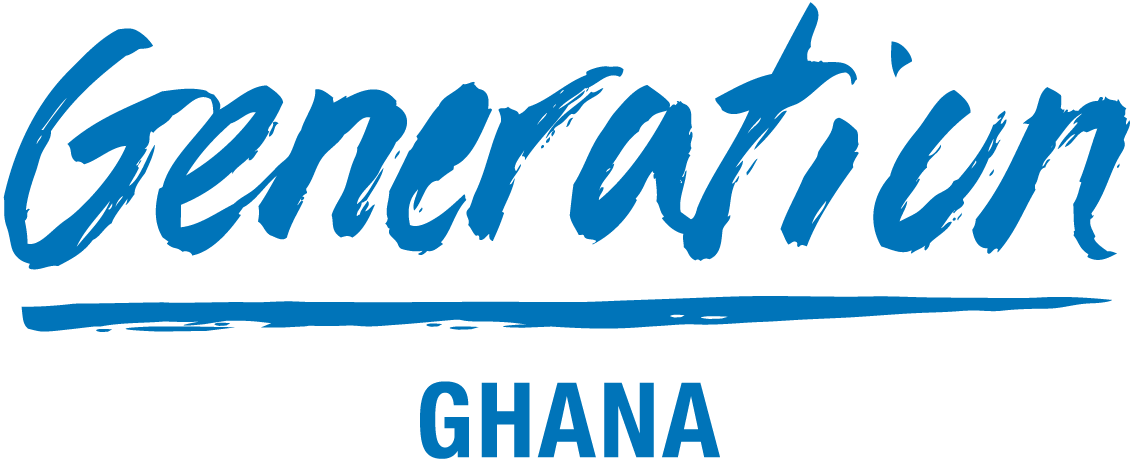Overcoming Bias in Recruitment and Promotion

In the dynamic landscape of employment and organisational growth, overcoming bias in recruitment and promotion is a crucial challenge. Biases, often unconscious, can significantly affect decision-making processes, leading to a less diverse and inclusive workplace. This not only impacts the individuals who may be unfairly overlooked, but also hampers the overall innovation, productivity, and morale of a company. Here’s how bias in the workplace creates negative effects — and five strategies for employers to overcome bias.
The Impact of Bias in Recruitment and Promotion
Bias in recruitment and promotion manifests in various forms, including gender, age, and educational background biases. These prejudices can lead to a homogeneous workforce, stifling creativity and new perspectives. For instance, when a company consistently favours candidates of a particular gender or educational background, it inadvertently creates an environment that resists change and diverse thought. Moreover, potential candidates and valuable employees might feel undervalued and marginalised, leading to lower job satisfaction and higher turnover rates.
The negative effects of bias are not limited to moral and ethical concerns. They have tangible, adverse impacts on business outcomes. A McKinsey & Company study revealed that diversity — in its many forms — is correlated with profitability. For example, they found that “companies with the most ethnically diverse executive teams […] are 33 percent more likely to outperform their peers on profitability.” In contrast, biassed recruitment and promotion practices can lead to poor decision-making, reduced employee engagement, and a damaged company reputation, which in turn can affect a company’s bottom line.
5 Employer Strategies for Combating Bias
- Acknowledge and Understand Bias: The first step in overcoming bias is acknowledging its existence. Employers need to educate themselves and their staff about the various types of biases and how they can manifest in the workplace. Workshops, training sessions, and regular discussions about diversity and inclusion can help foster an environment of awareness and change.
- Standardise Recruitment Processes: Implementing structured interviews and standardised evaluation criteria can significantly reduce bias. By asking all candidates the same set of questions and evaluating them based on a consistent set of criteria, employers can make more objective decisions.
- Utilise Skills-Based Hiring: Skills-based hiring shifts the focus from traditional markers such as educational background, gender, or age, to the actual skills and competencies required for the job. This approach involves defining clear and specific skill sets needed for a position and assessing candidates based solely on their ability to meet these requirements. By doing so, employers are more likely to evaluate candidates objectively, reducing the influence of unconscious biases that can arise from non-relevant personal details. Skills-based hiring not only ensures a fairer selection process, but also aids in identifying the best talent for the role — regardless of their background. This method fosters diversity and inclusion within the workforce, as it opens opportunities to a wider array of candidates who might have been overlooked under traditional hiring practices, ultimately leading to a more dynamic and innovative work environment.
- Promote Diverse Panels: Having a diverse group of individuals involved in the recruitment and promotion process can provide multiple perspectives and reduce the likelihood of bias. It’s important that these panels are not just diverse in appearance, but are also empowered to voice their views and contribute to decision-making.
- Regularly Review and Assess: Organisations should continually assess their recruitment and promotion processes to identify any patterns of bias or discrimination. This involves collecting and analysing data to understand where biases might exist and then taking concrete steps to address them.
Partnering With Generation Ghana
One innovative approach to overcoming bias in recruitment is partnering with us at Generation Ghana. We are a global organisation that aims to transform education-to-employment systems to prepare, place, and support people into life-changing careers that would otherwise be inaccessible.
We help promote diversity, equity, and inclusion (DEI) in hiring by connecting our partners with a diverse and highly skilled talent pool. Here’s how we can help you:
- Skills-based approach: Generation Ghana focuses on the skills and competencies required for specific roles, rather than traditional markers of qualification like degrees or personal referrals. This helps employers overcome talent shortages and focus on what truly matters — the ability to do the job.
- Diverse talent pool: By working with individuals from various backgrounds, Generation provides access to a diverse talent pool, inherently reducing the risk of homogeneous hiring.
- Bias-free selection: Generation’s methodology includes bias-free selection processes, ensuring that candidates are chosen based on their capabilities and fit for the role rather than any irrelevant personal characteristics.
- Support and training: Beyond just recruitment, Generation supports candidates and employers throughout the employment journey, offering support to ensure a successful placement.
Overcoming bias in recruitment and promotion is not just a moral imperative, but a strategic necessity for organisations aiming to thrive in a diverse and competitive environment. By acknowledging the existence of biases, continually assessing and improving, and leveraging innovative partnerships with Generation Ghana, employers can make significant strides towards a more inclusive and successful workplace.
At Generation Ghana, our mission is to train, support, and place people into otherwise inaccessible career opportunities that can change their lives. Explore our employment programmes to see the professions we support, or donate today to help us create career opportunities for our learners!
HIRE OUR GRADS
Click to learn more about how Generation Ghana can solve a wide range of employer challenges with our evidence-based approach and our job-ready graduates.
Let’s connect
